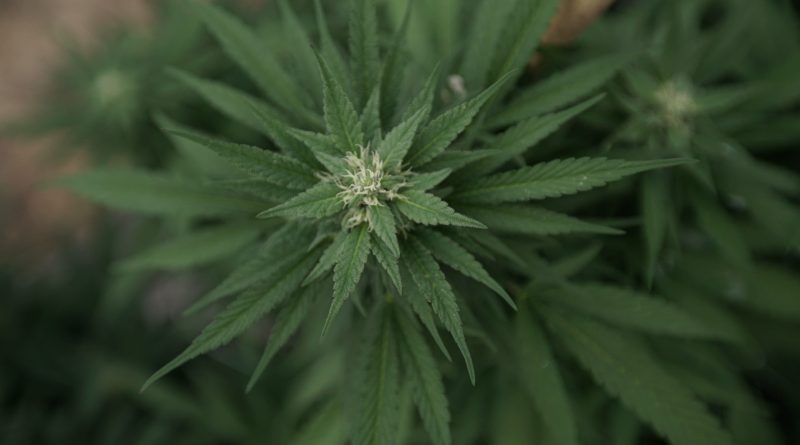Federal Transportation Department To Update Marijuana Terminology Around THC To ‘Harmonize’ With Health Agency
From toxifillers.com with love
The Department of Transportation (DOT) is proposing a new rule to update its drug testing guidelines, revising terminology around cannabis in a way that provides more specificity related to THC.
In a notice published in the Federal Register on Tuesday, DOT said it is proposing the rule change to “harmonize” with cannabis terminology adopted by the U.S. Department of Health and Human Services (HHS) earlier this year.
“In the urine and oral fluid drug testing panels, HHS revised the drug analyte name and abbreviation nomenclature specifically for the marijuana metabolite,” the notice says. “The change was made to be consistent with current scientific nomenclature.”
Previously, HHS referred to delta-9 THC merely as “THC,” with no further specification. That failed to distinguish between delta-9 THC—which is found in marijuana—and delta-8 THC, an increasingly prominent psychoactive cannabinoid that can be produced from federally legal hemp.
Now DOT is following suit, while noting that the “nomenclature change does not affect the testing process for marijuana, but instead, just affects how laboratories and [medical review officers] are to refer to the marijuana analyte.”
HHS previously used “THCA” to refer to a marijuana metabolite, delta-9-tetrahydrocannabinol-9-carboxylic acid. That conflicts with the more common meaning of “THCA” within the cannabis space, where it typically refers to delta-9 tetrahydrocannabinolic acid—a non-psychoactive that can be converted to delta-9 THC through heating.
If the proposed rules at DOT are finalized, delta-9 THC will be referred to as such. And the department would refer to the THC metabolite as delta-9 THCC rather than THCA. The update would apply to workplace drug testing of federal employees.
Separately, the new DOT filing also moves to add fentanyl and its metabolite norfentanyl to drug testing panels for federally regulated transportation workers.
There’s a 45-day public comment period for interested parties to weigh in on the policy proposal.
Other federal agencies have already adjusted how they refer to—and define—various cannabinoids. For example, the Drug Enforcement Administration (DEA) said last year that THCA (referring to delta-9 tetrahydrocannabinolic acid), should be counted as part of a cannabis product’s total delta-9 THC.
“The ‘decarboxylation’ process converts delta-9-THCA to delta-9-THC,” Terrence Boos, chief of DEA’s drug and chemical evaluation section, wrote in that DEA guidance. “Thus, for the purposes of enforcing the hemp definition, the delta-9 THC level must account for any delta-9 THCA.”
As a result, “cannabis-derived THCA does not meet the definition of hemp,” he concluded, “because upon conversion for identification purposes as required by Congress, it is equivalent to delta-9-THC”
How to classify cannabinoids—and how exactly to measure the 0.3 percent delta-9 THC limit that distinguishes hemp from marijuana under federal law—is expected to be addressed in the next Farm Bill.
Photo courtesy of Chris Wallis/Side Pocket Images.


